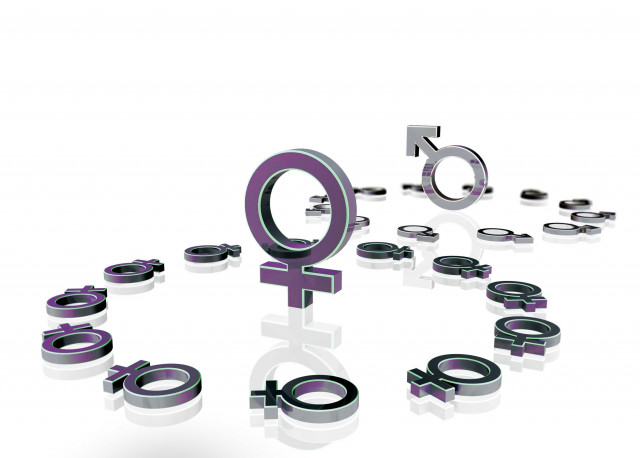Beijing +20 Review: Women Empowerment Package 2014 to be announced on March 8
Punjab Youth Policy and Punjab Fair Representation of Women Act also in line.

Punjab Youth Policy and Punjab Fair Representation of Women Act also in line. PHOTO:FILE
The Women Empowerment Package 2014 will be announced on March 8, Provincial Minister for Population Welfare Begum Zakia Shahnawaz said on Tuesday.
She said the Punjab Youth Policy 2012 and the Punjab Fair Representation of Women Act 2014 will also be announced on the same day.
She was addressing the Beijing +20 Review Consultation (Punjab chapter) for the report on Pakistan organised by the National Commission on Status of Women in collaboration with the Women Development Department and Shirkat Gah.
She said that the Punjab government would also pass the home-based workers bill soon.
“We have formed a caucus of women parliamentarians to fight for women’s rights,” she said.
Stakeholders at the consultation were divided into six groups to look into the progress, challenges and future plans related to women’s issues. They also gave recommendations in different thematic areas to be included in Pakistan’s report. The report will be presented internationally.
Women empowerment and decision making
Speaking on behalf of her group, Mumtaz Mughal, Aurat Foundation’s provincial manager, mentioned Punjab government’s achievements over the last five years. She highlighted the Punjab Women Empowerment Package announced in 2012, the passage of Anti Sexual Harassment Law and appointment of an ombudsperson and setting up of sexual harassment committees at institutional levels in the same year, the establishment of a Women Development Directorate in 2012 with an independent woman secretary, allocating 15 per cent quota for women in public services, also in 2012 and the law to set up a commission on the status of women passed in 2014.
She said the provincial monitoring committees should be set up and budget allocation must be made keeping B+20 recommendations in view.
She stressed the need for creating mass awareness about registration process for computerised national identity card and vote.
She said the Political Parties Act and the Muslim Family Laws Ordinance 1961 should be amended. She suggested that election results in constituencies where women were denied the right to vote should be annulled. She also stressed the need for rights-based training for political activists, giving women access to all forms of information, resources, services and decision making and data collection, and development of strong institutional mechanism for legislative and policy initiatives.
Women and health
The group recommended that government focus on adolescent sexual and reproductive health. They said the area had received little or no attention.
Stressing the need to improve the condition of women’s and children’s health in Pakistan, the participants said that the National Nutrition Survey 2011 had shown how bad the situation in the country was.
The group said that strong political commitment was needed to improve reproductive health in Pakistan. They regretted that sex education was still considered a taboo and that the government.
They said officials responsible for implementation of policies were not clear about their roles and responsibilities. The terms of reference were not defined after devolution of provinces and neither had the funds been allocated. They said funds were not released since 2010.
They said lady health workers did not address reproductive health issues of unmarried girls, which was also a big challenge.
Violence against women
The group recommended a gender police wing and satellite gender crime cells in every district. These, they said, should be headed by a DIG each. They also stressed the need for gender sensitisation of police officers.
They said that there were discrepancies in the Christian Divorce Act and the Hindu Marriage Act and that both needed revision, where women’s esteem and respect were challenged.
They demanded an end to forced conversions, forced marriages and child marriages.
Discussing the status of internally displaced people, they said that there was a need for a holistic view of displacement and development.
They suggested that media content about the role and status of women be monitored.
Women, economy and education
The participants said that more public pressure was needed for implementation of gender sensitive public policies, including climate and water policies.
They called for more extensive positions for women in departments working on environment and disaster-hit areas.
Other groups discussed women poverty and economy and women education. They stressed the need for women’s integration in policy making related to change in curriculum, collaboration between the civil society and the government and economic framework.
The participants of the consultation also suggested that day care centres be set up at schools, colleges, universities and offices so that women were encouraged to study and work after they had had children.
Published in The Express Tribune, March 6th, 2014.



















COMMENTS
Comments are moderated and generally will be posted if they are on-topic and not abusive.
For more information, please see our Comments FAQ